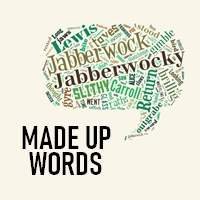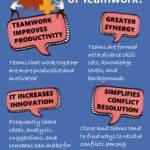
The Made Up Words Game
Made Up Words is a fun and intriguing word and letter game for small groups with a strong command of the language.
Start by forming one or more small groups of 2 to 6 people. Ask one of them to volunteer and nominate one of the 26 letters of the alphabet, for example S. Continue around the circle inviting each person to add a letter to the ever-expanding string of letters, as if you were spelling a word, but not completely forming it.
Challenge your group to add one letter at a time without spelling a fully-formed real word. However, this rule does not apply to the first three letters, but this string of letters must still form a fragment of a real word, for example S-E-A is a fully-formed real word, but is permissible because it consists of three letters.
From this point forward, when an individual adds a letter that spells a real word, the round concludes. A new round will start with the person who just lost the previous round by nominating a new letter.
When a person loses five rounds they are eliminated from the game.
At some point, an individual will be stuck for choices and will relent by adding a letter that does, in fact, form a real word, eg S-E-A-L. So, you may ask what stops someone from just adding any letter that does not, in fact, make a real word?
If the next person believes that it is not possible to form a real word from the string of letters they receive, they may challenge the previous person. If the previous person can offer a real word formed by using that string of letters, the challenger loses that round.
However, if the challenger is correct, and the previous person was bluffing, the latter will lose that round. It’s worth noting, if someone is bluffing (they have actually formed a real word but no one has noticed) and is not challenged by the next person, they will have successfully navigated their way through that round.
The game continues until one person remains with at least one life left.
Moment of Reflection
- How difficult was this game?
- What made the game fun?
- Was it more difficult to avoid forming a real word, or thinking of a new letter that could form part of a real word?
- What skills do you think are useful in this game?
- Do these skills show up for us in other parts of our lives? How?
The topics of this publication: integration, interactions, disinhibition, active listening, distension


